When Jesus took on human flesh, he transformed every human thing into something holy. That includes pain and sickness. Illness can make saints of us.
Month: October 2021
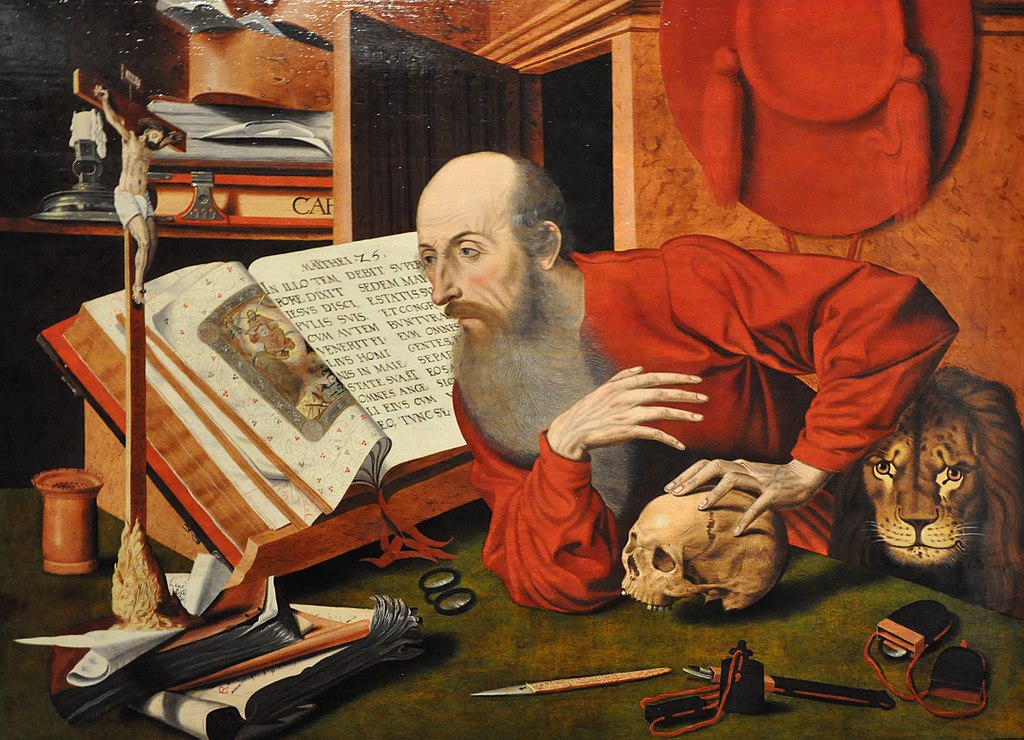
Two Sources of Revelation, and Modernism
The historical-critical method applied with the intent of demolition on Scripture has practically made a clean sweep of all traditional exegesis, from Genesis to the Synoptics to the Gospel of John. Nothing is left standing, it would be enough for you to read The fabricated Paul by Hermann Detering to understand how nothing remains of Saint Paul, not even the name. Applying certain intent this method makes you basically to be a denier of everything written in the Bible. If something is applied to destroy, in the end nothing remains, and this method was applied not only to the Bible, but to traditions, to hagiography, a little everything was macerated under a very specific strategy of demolition.
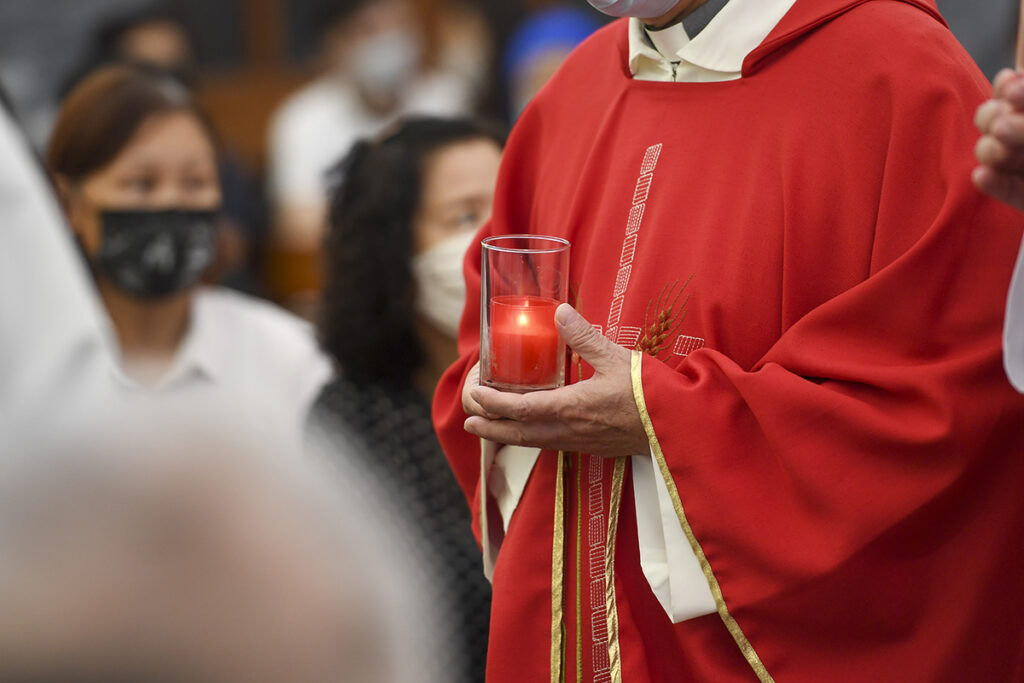
The Sacred and Law
when the sacred places are enveloped in silence, the sacred ministers dressed in their noble liturgical garments, the rites performed with inner and outer gravity, the prayers elevated with solemn majesty, the songs and music inspired by the truth and holiness of dogma; when everything will be made docile to the law established by God and in conformity with the tradition received from the Fathers as a substantial part of the depositum fidei; then the Christian people will be respected in their rights as a priestly people and will be led by faithful shepherds to go up from visible things to the contemplation of the eternal ones.
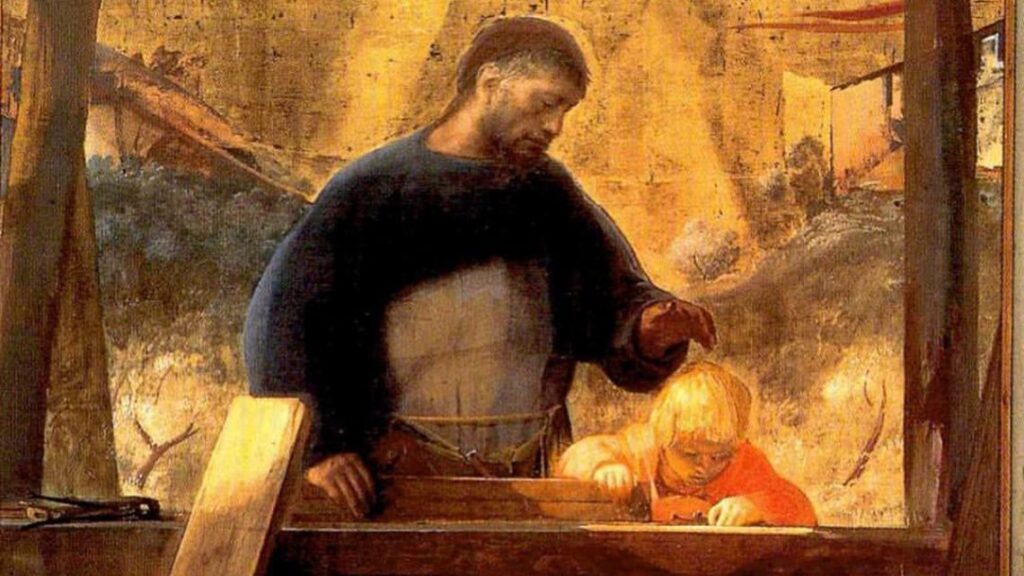
Christian Spirituality (1)
Christian spirituality is a spirituality of charity: “Spiritualitas autem vita per caritatem est” – “The spiritual life comes from charity” (St. Thomas Aquinas). The mission of Christians is to inflame the world with Jesus’ love.
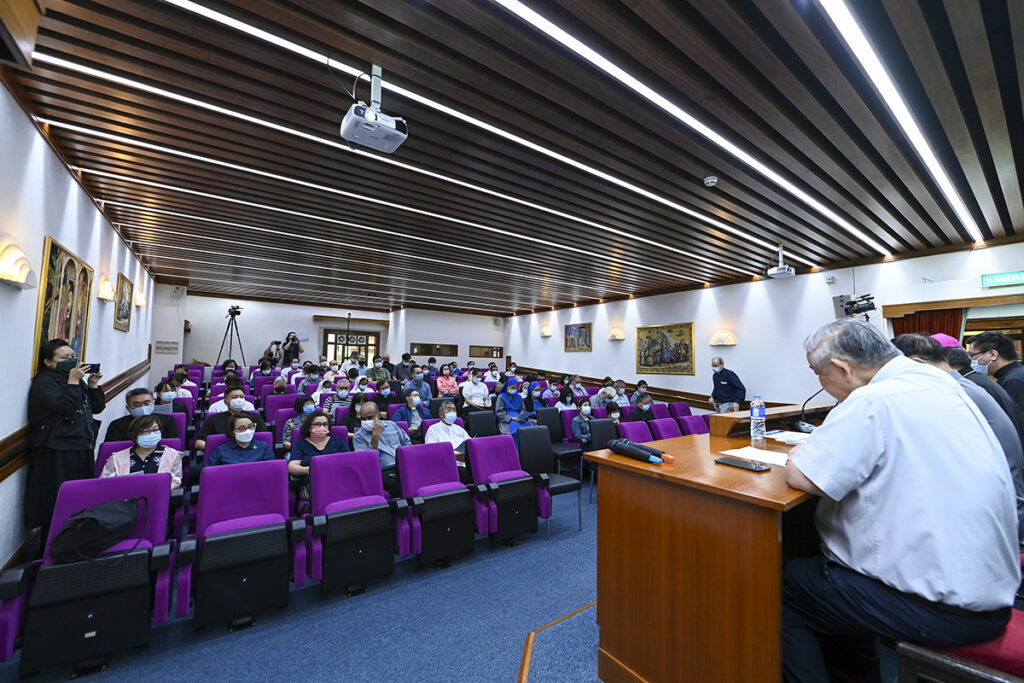
Journeying Together Towards 2023
What is a synod? And why a synod?
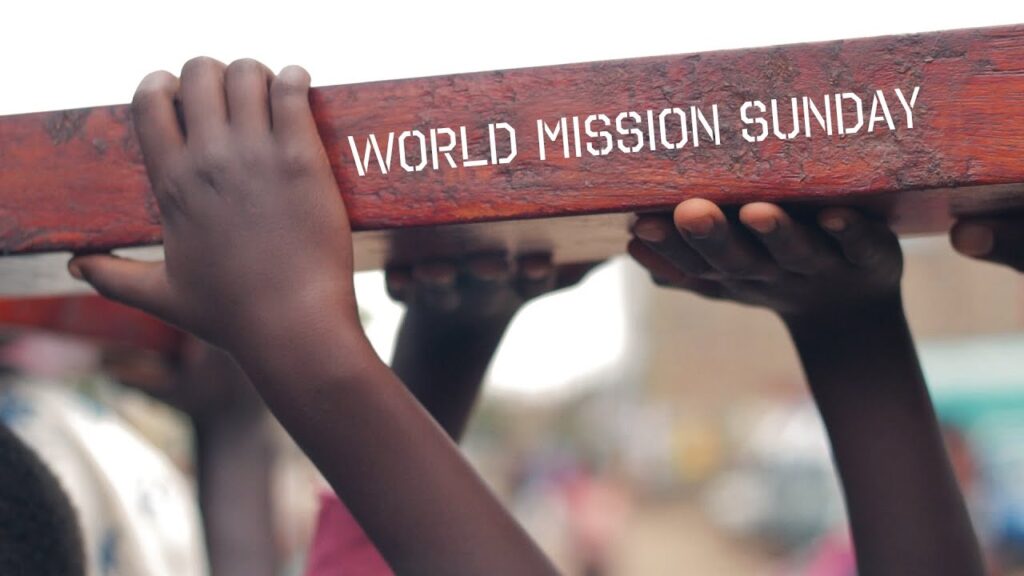
Order to evangelize
Catholics worldwide will celebrate World Mission Day on Sunday. In Macau, the alms collected at the local churches will fund the Church’s missionary activities. Formerly an advanced outpost of evangelization in the Far East, Macau is nowadays mission territory and an incubator of new vocations. O Clarim spoke with four Macau-based missionaries about the challenges of Evangelization at the beginning of the third millennium.
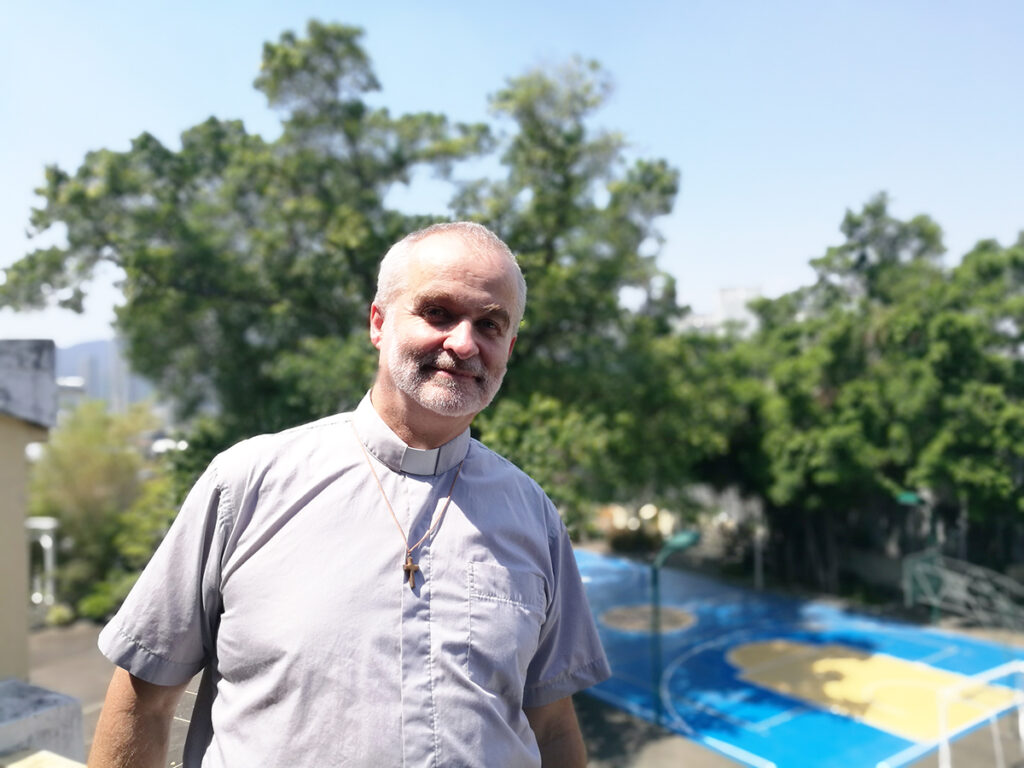
“Every Catholic is important for witnessing the Good News”
The first universal Synod happened around 50 A.D. in Jerusalem, and Saint Peter and Paul took part, but, even more importantly, the Holy Spirit was present to guide the Church in view of solutions to problems.

Jesus, have pity!
Lord, Jesus, Son of David, have pity on me. I do humbly beg You with all my heart for Your mercy and compassion. Though I am unworthy, I seek Your grace and trust in Your goodness. Jesus, I trust in You.
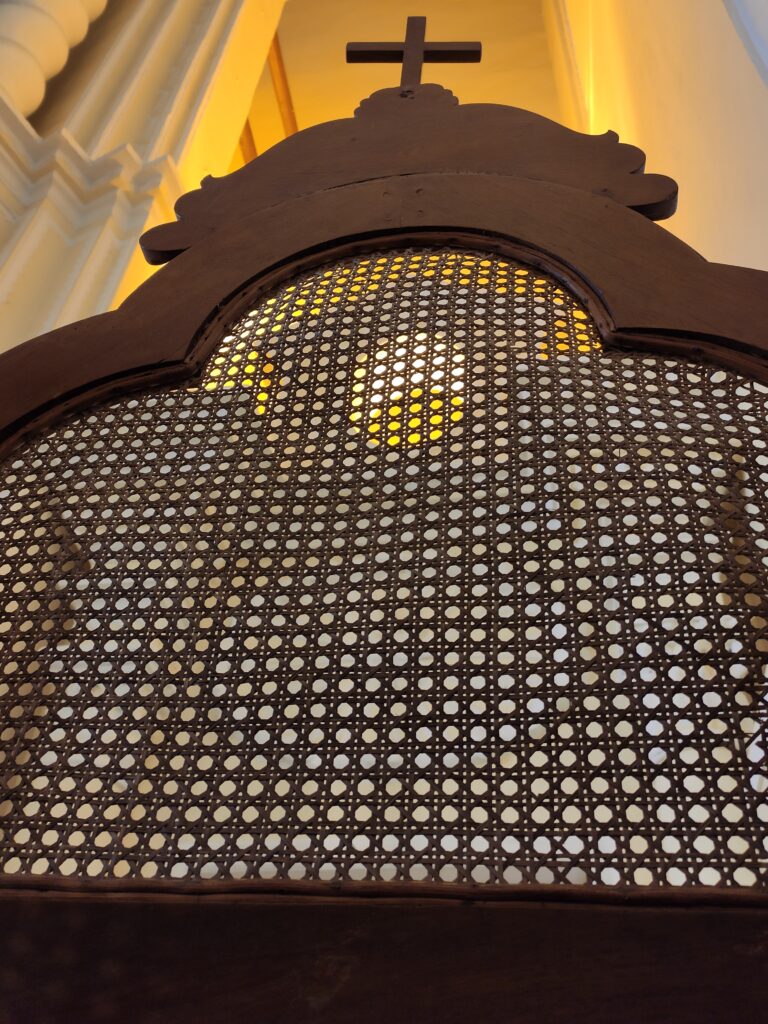
BITE-SIZE THEOLOGY (149) How does one go about confessing his sins?
Note the emphasis on personal confession and absolution. Christ, the Good Shepherd, always tends his sheep one by one.
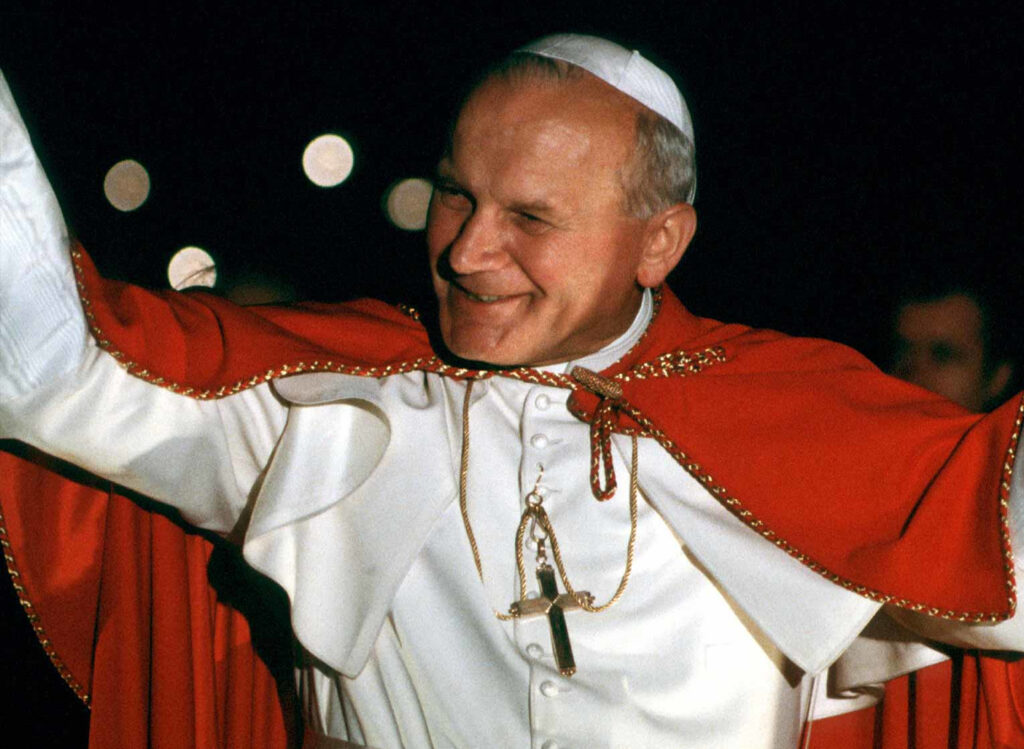
“He adored the Blessed Sacrament about twenty times a day”
The Universal Church celebrates on 22 October the feast of Pope St John Paul II. The Holy Father lived for and in Christ, giving himself to his neighbor entirely through the hands of the Virgin Mary, for whom he had a deep devotion, having dedicated to her his papal motto: Totus Tuus (All yours). He left a vast legacy and travelled tirelessly around the world to carry the message of the Gospel, a message of Hope, of Love and of God’s Mercy. When told to slow down his work and travel, he used to reply with a smile: “I will rest in Eternal Life.” St John Paul II was certainly one of the most outstanding figures of the 20th century.
